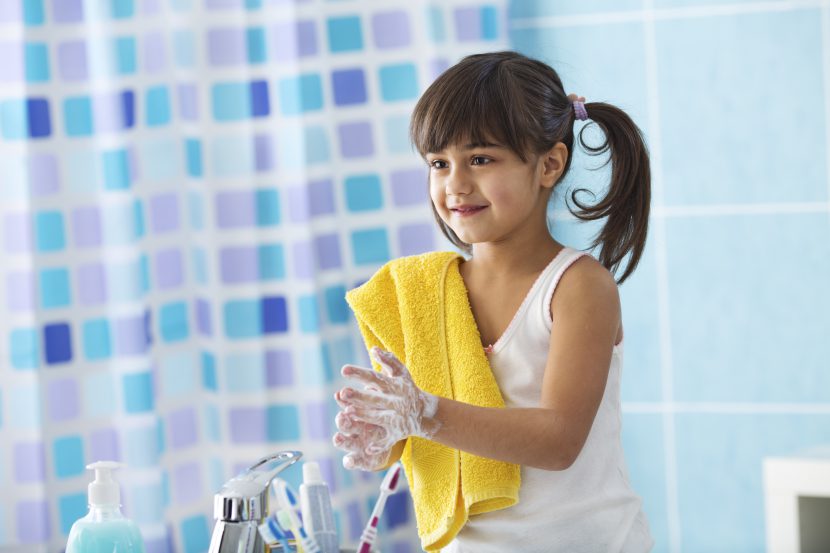This basic guide contains information and advice for children about Coronavirus. Lots of things are changing, and most things we hear about Coronavirus are aimed at adults. As we hear more and more about Coronavirus, children may worry about themselves, their family, or friends getting ill. This guide aims to help children understand the Coronavirus and how we should behave to stay safe and healthy.
1) What is Coronavirus?
Coronavirus is also called ‘COVID-19’. It is a new virus which is extremely infectious. Doctors and scientists are still learning about it. Recently, this virus has made a lot of people sick. Scientists and doctors think that most people will be ok, especially children, but some people might get very sick. Health professionals are working hard to keep people healthy. Today, there is a Coronavirus ‘pandemic’, which means that it has spread across most of the world.
2) What has changed with Coronavirus?
In many countries, there are new temporary rules. These rules mean many schools, nurseries and shops are closed, and we must absolutely stay at home whenever possible. Many activities and events are cancelled. The rules aim to protect everybody, especially people who are very old or have serious illnesses, from becoming infected with the Coronavirus.
Children should think about Coronavirus because they can ‘carry’ this invisible virus, without knowing and without having symptoms. By accident, it is possible to ‘pass on’ the virus to other people we are in contact with. So, children must respect the rules in order to protect adults and vulnerable people, and not pass the virus on. Because of the Coronavirus, everyday life has become different for both adults and children.
3) What should you do for safety?
- Wash your hands often, and carefully, with soap and water (or alcohol hand gel) for 20 seconds. Watch the video below for proper instructions!
- Anyone who can stay home should do it all the time.
- Always cover your cough or sneeze into your elbow or a tissue, then throw the tissue in the rubbish bin.
- Do not touch your eyes, nose, or mouth. This will help keep germs out of your body.
- If you must go outside of your home, stay at least 2 meters away from people who are coughing or sneezing, and do not high five or hand shake with anybody – you can wave in stead or touch elbows.
- Older children can help adults to clean the things we touch the most, like desks, doorknobs, light switches, and remote controls.
- We must listen to adults who give safety or hygiene instructions. These things might seem annoying or silly – actually – they are very important in order to protect other people from Coronavirus.
4) How to wash your hands properly? Watch this video!
5) Things that you might feel
Are you feeling sick?
- If you feel sick or unwell, if you have a cough or a fever, you must tell an adult immediately.
- You could feel unwell for many reasons – not only Coronavirus – but you must tell an adult as soon as possible.
- If you feel sick, you must stay at home. Just like you don’t want to get other people’s germs in your body, other people don’t want to get your germs either.
Are you feeling bored?
- Staying at home can be boring, but it is important to help protect old and vulnerable people from Coronavirus.
- Try to find new activities and games, creative, sporty or educational, to enjoy inside your home alone or with the people you live with.
- You may want to see your friends or relatives who don’t live with you. You can see them, but only using the internet, online games, video calls or the telephone, since you should not meet them in person if possible.
- If there is school work you can do from your home, it is a good idea to do this.
Are you feeling worried or confused?
- Talk about your worries or questions with an adult who lives in your household that you trust.
- Although it is good to be informed about the Coronavirus, if you are watching or reading a lot of news which makes you feel worried, try to not look at the news very often.
- Children who get Coronavirus usually get only a little bit sick, like having a common cold. Many children are not infected at all. Even if your entire school was infected, almost everyone would be fine.
- It is important to remember that many people who get sick from Coronavirus can get good help at a hospital, and doctors and nurses everywhere are working very hard to look after us all, and make sure people are okay.
Written by Josie Thum


